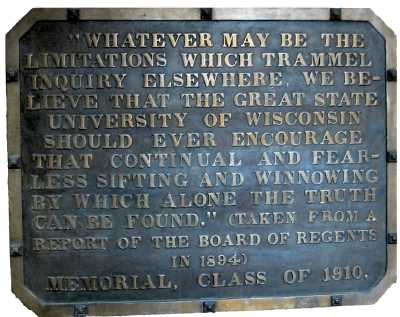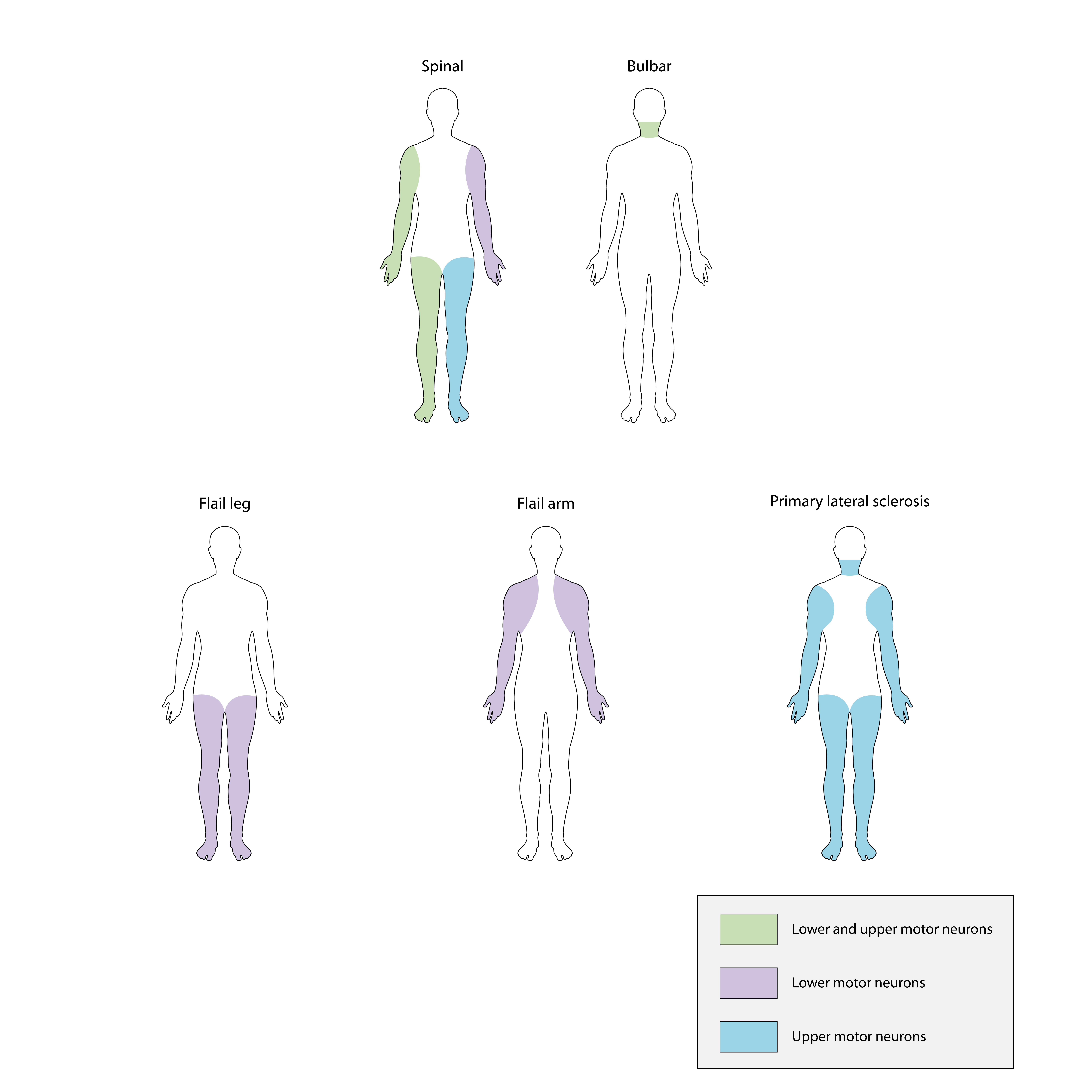|
Scott Freeman (economist)
Scott John Freeman (June 9, 1954 – July 23, 2004) was an American economist. He received his undergraduate degree from the University of Wisconsin–Madison and earned his Ph.D. from the University of Minnesota in 1983. Between undergraduate and graduate school he worked for the Peace Corps in Africa. Freeman started his professional academic career at Boston College and was subsequently affiliated with the University of Western Ontario, the University of California, Santa Barbara and University of Texas at Austin. He also served as a research associate at the Federal Reserve Banks of Dallas and Minneapolis. Freeman made several lasting contributions to economics, particularly related to the optimal quantity of money, money and the business cycle, and the payments system. During his Nobel lecture, Finn Kydland Finn Erling Kydland (born 1 December 1943) is a Norwegian economist known for his contributions to business cycle theory. He is the Henley Professor of Economic ... [...More Info...] [...Related Items...] OR: [Wikipedia] [Google] [Baidu] |
University Of Wisconsin–Madison
The University of Wisconsin–Madison (University of Wisconsin, Wisconsin, UW, UW–Madison, or simply Madison) is a public land-grant research university in Madison, Wisconsin, United States. It was founded in 1848 when Wisconsin achieved statehood and is the flagship campus of the University of Wisconsin System. The main campus is located on the shores of Lake Mendota; the university also owns and operates a arboretum south of the main campus. UW–Madison is organized into 13 schools and colleges, which enrolled approximately 34,200 undergraduate and 14,300 graduate and professional students in 2024. Its academic programs include 136 undergraduate majors, 148 master's degree programs, and 120 doctoral programs. Wisconsin is one of the founding members of the Association of American Universities. It is considered a Public Ivy and is classified as an R1 University. UW–Madison was also the home of both the prominent "Wisconsin School" of economics and diplomatic h ... [...More Info...] [...Related Items...] OR: [Wikipedia] [Google] [Baidu] |
Finn Kydland
Finn Erling Kydland (born 1 December 1943) is a Norwegian economist known for his contributions to business cycle theory. He is the Henley Professor of Economics at the University of California, Santa Barbara. He also holds the Richard P. Simmons Distinguished Professorship at the Tepper School of Business of Carnegie Mellon University, where he earned his PhD, and a part-time position at the Norwegian School of Economics (NHH). Kydland was a co-recipient of the 2004 Nobel Memorial Prize in Economics, with Edward C. Prescott, "for their contributions to dynamic macroeconomics: the time consistency of economic policy and the driving forces behind business cycles." Biography Early years Kydland grew up as the eldest of six siblings at the family farm in Søyland, Gjesdal, which is located in the Jæren farming region in Rogaland county, southwestern Norway. He recalls having had a liberal upbringing, his parents not imposing many limitations on their children. Finn Kydland becam ... [...More Info...] [...Related Items...] OR: [Wikipedia] [Google] [Baidu] |
University Of Minnesota Alumni
A university () is an institution of tertiary education and research which awards academic degrees in several academic disciplines. ''University'' is derived from the Latin phrase , which roughly means "community of teachers and scholars". Universities typically offer both undergraduate and postgraduate programs. The first universities in Europe were established by Catholic monks. The University of Bologna (), Italy, which was founded in 1088, is the first university in the sense of: *being a high degree-awarding institute. *using the word (which was coined at its foundation). *having independence from the ecclesiastic schools and issuing secular as well as non-secular degrees (with teaching conducted by both clergy and non-clergy): grammar, rhetoric, logic, theology, canon law and notarial law.Hunt Janin: "The university in medieval life, 1179–1499", McFarland, 2008, , p. 55f.de Ridder-Symoens, Hilde''A History of the University in Europe: Volume 1, Universities in the Mi ... [...More Info...] [...Related Items...] OR: [Wikipedia] [Google] [Baidu] |
University Of California, Santa Barbara Faculty
A university () is an institution of tertiary education and research which awards academic degrees in several academic disciplines. ''University'' is derived from the Latin phrase , which roughly means "community of teachers and scholars". Universities typically offer both undergraduate and postgraduate programs. The first universities in Europe were established by Catholic Church, Catholic monks. The University of Bologna (), Italy, which was founded in 1088, is the first university in the sense of: *being a high degree-awarding institute. *using the word (which was coined at its foundation). *having independence from the ecclesiastic schools and issuing secular as well as non-secular degrees (with teaching conducted by both clergy and non-clergy): grammar, rhetoric, logic, theology, canon law and notarial law.Hunt Janin: "The university in medieval life, 1179–1499", McFarland, 2008, , p. 55f.de Ridder-Symoens, Hilde''A History of the University in Europe: Volume 1, Universi ... [...More Info...] [...Related Items...] OR: [Wikipedia] [Google] [Baidu] |
Deaths From Motor Neuron Disease In The United States
Death is the end of life; the irreversible cessation of all biological functions that sustain a living organism. Death eventually and inevitably occurs in all organisms. The remains of a former organism normally begin to decompose shortly after death. Some organisms, such as '' Turritopsis dohrnii'', are biologically immortal; however, they can still die from means other than aging. Death is generally applied to whole organisms; the equivalent for individual components of an organism, such as cells or tissues, is necrosis. Something that is not considered an organism, such as a virus, can be physically destroyed but is not said ''to die'', as a virus is not considered alive in the first place. As of the early 21st century, 56 million people die per year. The most common reason is aging, followed by cardiovascular disease, which is a disease that affects the heart or blood vessels. As of 2022, an estimated total of almost 110 billion humans have died, or roughly 94% of ... [...More Info...] [...Related Items...] OR: [Wikipedia] [Google] [Baidu] |
2004 Deaths
This is a list of lists of deaths of notable people, organized by year. New deaths articles are added to their respective month (e.g., Deaths in ) and then linked below. 2025 2024 2023 2022 2021 2020 2019 2018 2017 2016 2015 2014 2013 2012 2011 2010 2009 2008 2007 2006 2005 2004 2003 2002 2001 2000 1999 1998 1997 1996 1995 1994 1993 1992 1991 1990 1989 1988 1987 1986 Earlier years ''Deaths in years earlier than this can usually be found in the main articles of the years.'' See also * Lists of deaths by day * Deaths by year (category) {{DEFAULTSORT:deaths by year ... [...More Info...] [...Related Items...] OR: [Wikipedia] [Google] [Baidu] |
1954 Births
Events January * January 3 – The Italian broadcaster RAI officially begins transmitting. * January 7 – Georgetown–IBM experiment: The first public demonstration of a machine translation system is held in New York, at the head office of IBM. * January 10 – BOAC Flight 781, a de Havilland Comet jet plane, disintegrates in mid-air due to metal fatigue, and crashes in the Mediterranean near Elba; all 35 people on board are killed. * January 12 – 1954 Blons avalanches, Avalanches in Austria kill more than 200. * January 15 – Mau Mau rebellion, Mau Mau leader Waruhiu Itote is captured in Kenya. * January 17 – In Socialist Federal Republic of Yugoslavia, Yugoslavia, Milovan Đilas, one of the leading members of the League of Communists of Yugoslavia, is relieved of his duties. * January 20 – The US-based National Negro Network is established, with 46 member radio stations. * January 21 – The first nuclear-powered submarine, the , is ... [...More Info...] [...Related Items...] OR: [Wikipedia] [Google] [Baidu] |
Motor Neuron Disease
Amyotrophic lateral sclerosis (ALS), also known as motor neuron disease (MND) or—in the United States—Lou Gehrig's disease (LGD), is a rare, terminal neurodegenerative disorder that results in the progressive loss of both upper and lower motor neurons that normally control voluntary muscle contraction. ALS is the most common form of the motor neuron diseases. ALS often presents in its early stages with gradual muscle stiffness, twitches, weakness, and wasting. Motor neuron loss typically continues until the abilities to eat, speak, move, and, lastly, breathe are all lost. While only 15% of people with ALS also fully develop frontotemporal dementia, an estimated 50% face at least some minor difficulties with thinking and behavior. Depending on which of the aforementioned symptoms develops first, ALS is classified as ''limb-onset'' (begins with weakness in the arms or legs) or ''bulbar-onset'' (begins with difficulty in speaking or swallowing). Most cases of ALS (ab ... [...More Info...] [...Related Items...] OR: [Wikipedia] [Google] [Baidu] |
Bank Of Sweden Prize In Economic Sciences In Memory Of Alfred Nobel
The Nobel Memorial Prize in Economic Sciences, officially the Sveriges Riksbank Prize in Economic Sciences in Memory of Alfred Nobel (), commonly referred to as the Nobel Prize in Economics(), is an award in the field of Economic Sciences, economic sciences administered by the Nobel Foundation, established in 1968 by Sveriges Riksbank (Sweden's central bank) to celebrate its 300th anniversary and in memory of Alfred Nobel. Although the Prize in Economic Sciences was not one of the original five Nobel Prize, Nobel Prizes established by Alfred Nobel's will, it is considered a member of the Nobel Prize system, and is administered and referred to along with the Nobel Prizes by the Nobel Foundation. Winners of the Prize in Economic Sciences are chosen in a similar manner to and announced alongside the Nobel Prize recipients, and receive the Prize in Economic Sciences at the Nobel Prize Award Ceremony. The laureates of the Prize in Economic Sciences are selected by the Royal Swedish ... [...More Info...] [...Related Items...] OR: [Wikipedia] [Google] [Baidu] |
University Of Minnesota
The University of Minnesota Twin Cities (historically known as University of Minnesota) is a public university, public Land-grant university, land-grant research university in the Minneapolis–Saint Paul, Twin Cities of Minneapolis and Saint Paul, Minnesota, United States. It is the Flagship#Colleges and universities in the United States, flagship institution of the University of Minnesota System and is organized into 19 colleges, schools, and other major academic units. The Twin Cities campus is the oldest and largest in the University of Minnesota system and has the List of United States university campuses by enrollment, ninth-largest (as of the 2022–2023 academic year) main campus student body in the United States, with 54,890 students at the start of the 2023–24 academic year. The campus comprises locations in Minneapolis and Falcon Heights, Minnesota, Falcon Heights, a suburb of St. Paul, approximately apart. The Minnesota Territorial Legislature drafted a charter ... [...More Info...] [...Related Items...] OR: [Wikipedia] [Google] [Baidu] |






